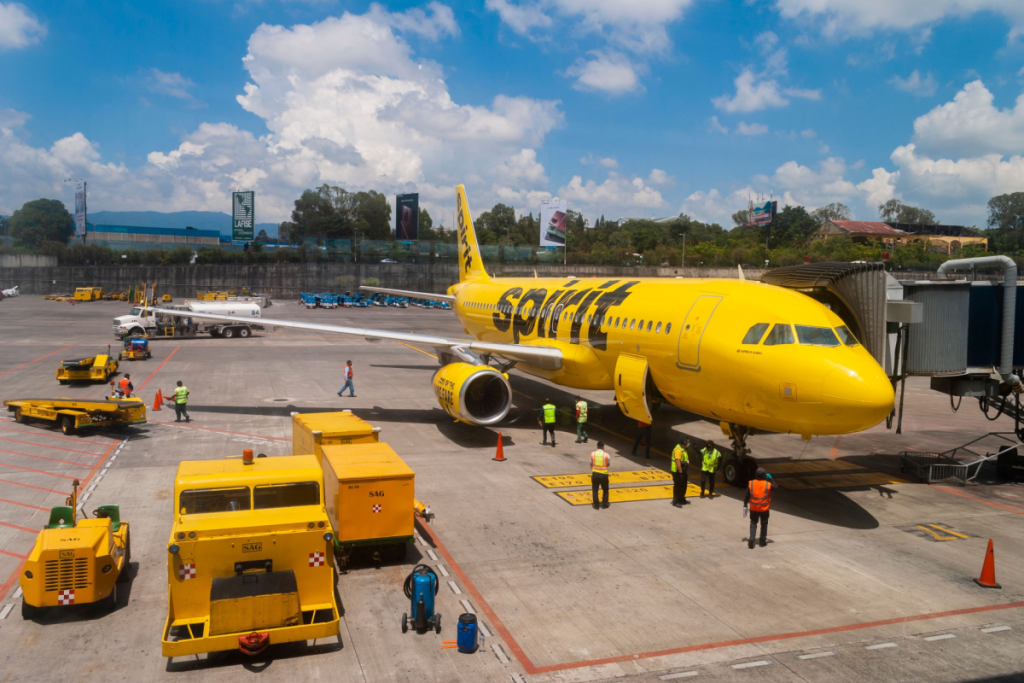Carrier Faces “Substantial Doubt” About Future
Spirit Airlines’ parent company, Spirit Aviation Holdings (FLYY), has issued a stark warning about its financial health just months after emerging from Chapter 11 bankruptcy. In its latest quarterly report, the company stated there is “substantial doubt” about its ability to continue operations over the next year. The Florida-based budget carrier cited ongoing “adverse market conditions,” including weak domestic leisure travel demand and continued operational uncertainties expected to persist through at least the end of 2025.
The airline, known for its no-frills, low-cost flights and distinctive yellow aircraft, has struggled to regain profitability and strengthen its competitive position since the COVID-19 pandemic. Rising operating costs and heavy debt burdens were key factors that led to its November bankruptcy filing, during which Spirit reported losses exceeding $2.5 billion since 2020.
Restructuring Efforts and Cost Cuts
After emerging from bankruptcy in March, Spirit restructured some of its debt obligations and secured new financing to support operations. It has since announced additional cost-saving measures, including plans to furlough approximately 270 pilots and downgrade about 140 captains to first officers. These changes, set to take effect on October 1 and November 1, are intended to align staffing with projected flight volumes for 2026.
These measures follow previous layoffs and furloughs implemented before the bankruptcy filing. Despite these steps, Spirit emphasized that more liquidity is needed, suggesting that aircraft and real estate sales are under consideration.
Failed Merger Attempts and Market Pressures
Spirit’s relatively young fleet has made it an appealing takeover target, but past acquisition attempts by budget rivals JetBlue and Frontier failed both before and during its bankruptcy process. The carrier continues to face challenges in an intensely competitive market, particularly as larger airlines capture a greater share of the recovering travel demand.
The company’s financial warning triggered a sharp market reaction, with Spirit’s shares falling more than 40% on Tuesday morning to around $1.80.
Outlook and Implications
The latest disclosure underscores the fragility of Spirit’s recovery plan. Without significant improvement in travel demand, successful asset sales, or additional capital injections, the company’s ability to remain operational through 2026 is in jeopardy. The months ahead will test whether Spirit can stabilize its business in a market where cost pressures and shifting consumer preferences continue to challenge low-cost carriers.


